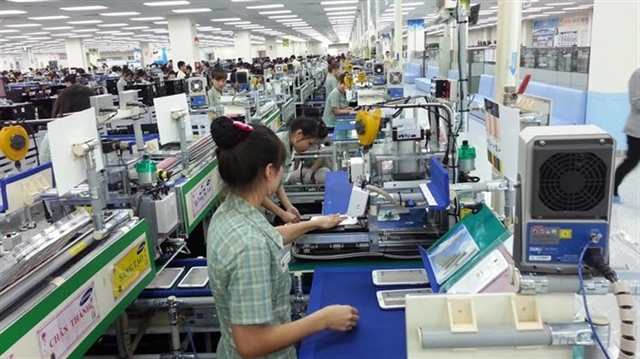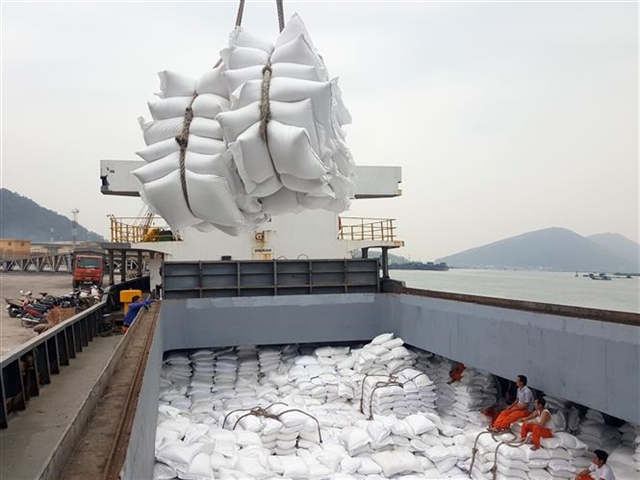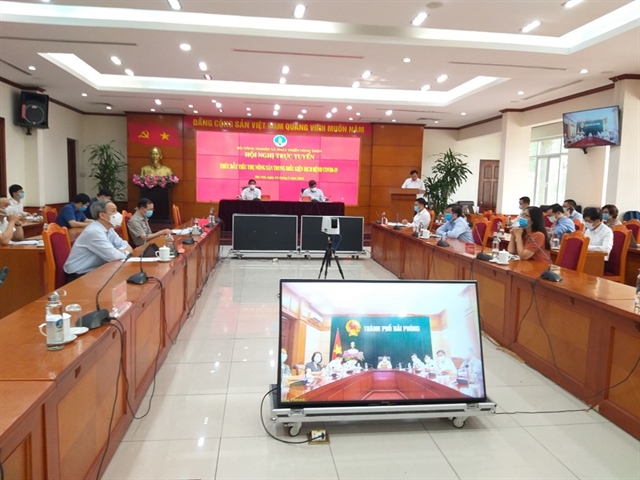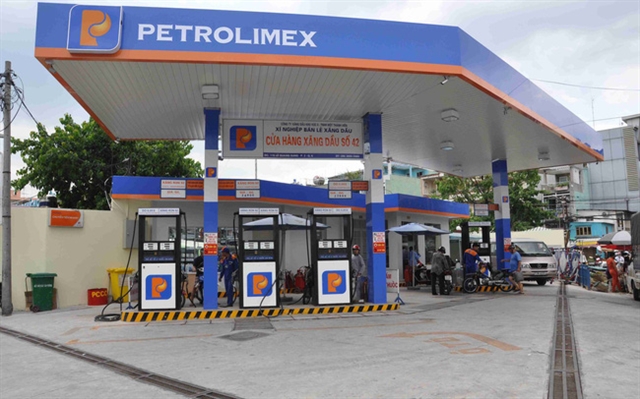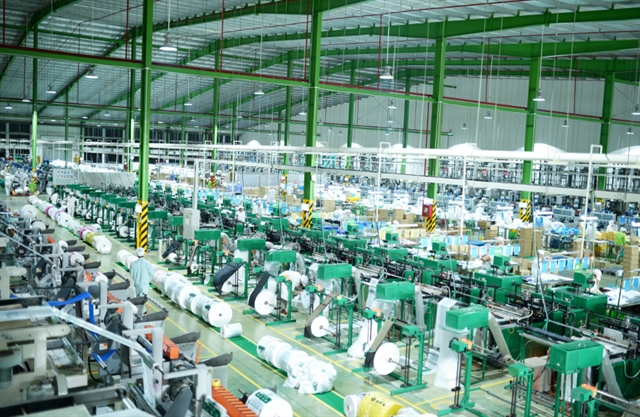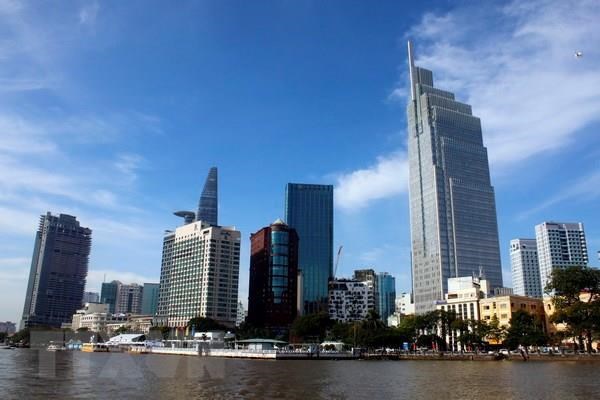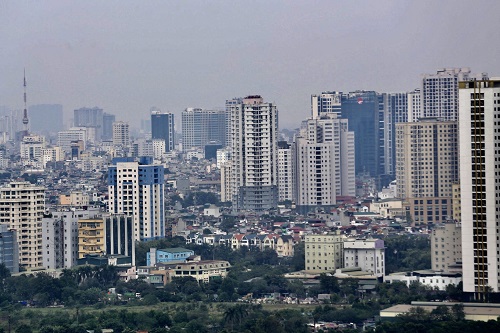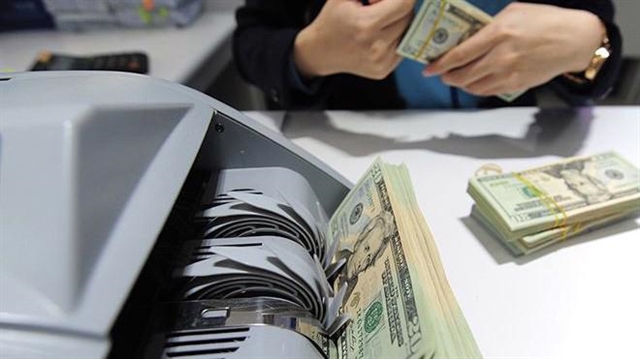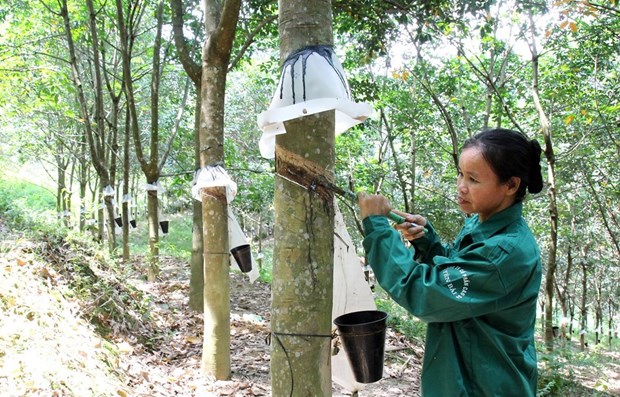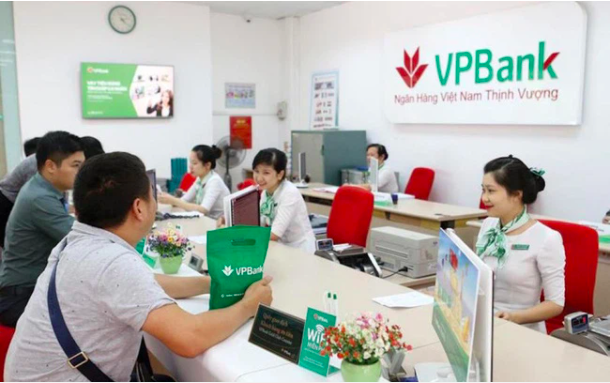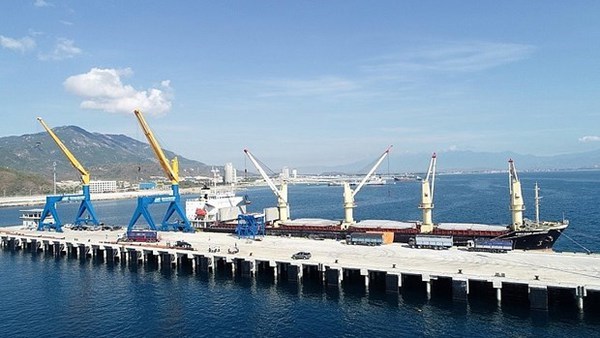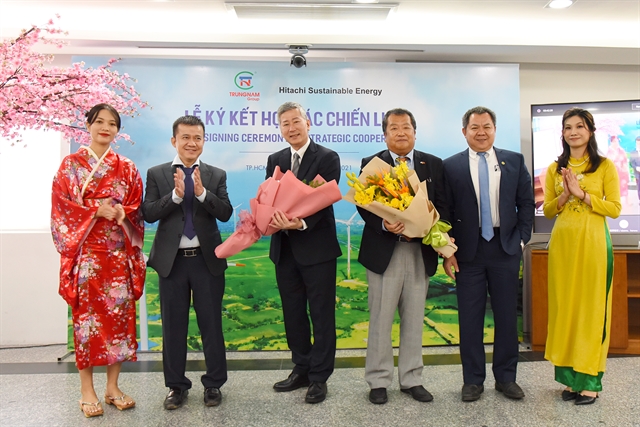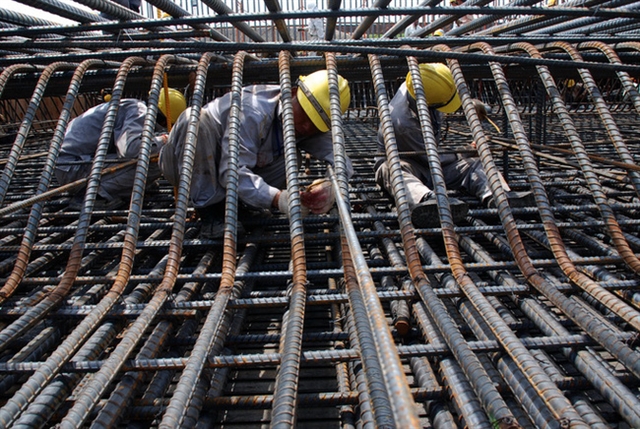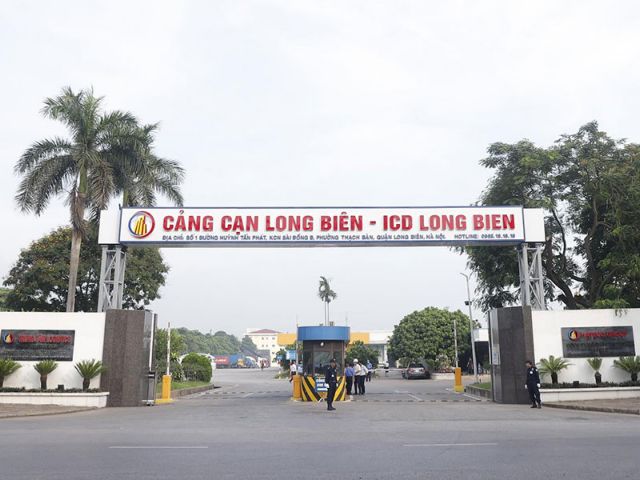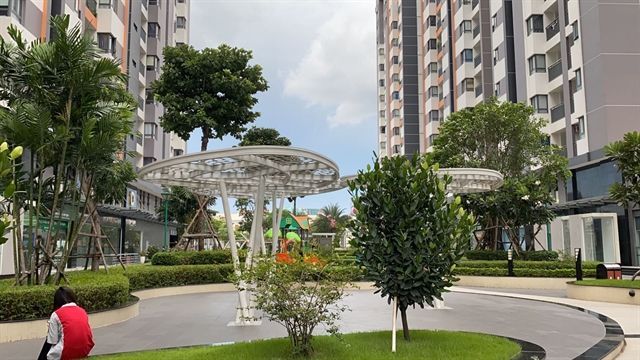
Compiled by Thiên Lý
Analysts expect investment in property to sharply decrease in the second quarter of this year, cooling down the so-called price “fever”.
Dr Nguyễn Văn Định, vice chairman of the Việt Nam Association of Real Estate Brokers (VARBs), said as usual speculators would quit the market once it becomes red hot.
The fever has spread across the country this year, to the north, south, lowlands, mountains and not only to major cities and tourism destinations but also in other places including Thái Nguyên, Lào Cai, Vĩnh Phúc, Quảng Ninh, Hải Dương, Bắc Giang, Bắc Ninh, Hà Nam, Thanh Hóa, Hải Phòng, Bình Dương, Đồng Nai, Bình Phước, Kon Tum, Bình Thuận, and Bà Rịa-Vũng Tàu.
The prices of land of all kinds whether housing, industrial or farming, have increased sharply.
According to VARBs, in many places prices were up two- or three-fold within one or two months.
Huỳnh Ngọc Dung of Hồ Chí Minh City said after saving up for several years last year her family wanted to buy an affordable apartment in the city.
But at that time apartments with two bedrooms in moderate condition were priced at VNĐ1.8-VNĐ2.1 billion, and they still could not afford one.
So they decided to delay the plan by one year to save a bit more.
But now their dream of owning a house seems to be out of reach after housing prices shot up.
According to DKRA Vietnam, the prices of affordable apartments doubled between 2013 and 2020 to VNĐ30-32 million ($1,300-1,380) per square metre.
In the first quarter of this year they went up by another 5-10 per cent.
Even in neighbouring provinces such as Bình Dương and Đồng Nai, apartment prices have jumped to VNĐ33-45 million ($1,430-1,950) per meter.
Lê Hoàng Châu, chairman of the HCM City Real Estate Association, said the land fever has meant people with actual housing needs could not afford to buy.
An official from the Ministry of Natural Resources and Environment said the relentless increase in property prices across the country would affect socio-economic development and public projects.
Former deputy minister in the ministry, Đặng Hùng Võ, was quoted by Sài Gòn Giải Phóng (the Liberated Saigon) newspaper as saying one of the reasons for the skyrocketing property prices was the dramatic reduction in construction in many places, especially large cities like Hà Nội and HCM City.
The number of housing projects had dropped by 90 per cent in those two cities, he said.
Định of VARBs concurred, saying the limited supply of housing projects, especially social housing, had pushed up demand for land.
Another reason for the land fever was the low bank deposit interest rates since last year with lenders effecting one rate cut after another. This caused people to withdraw their savings from banks and go in search of other assets like property in the hope of higher returns.
Đào Minh Tú, deputy governor of the State Bank of Việt Nam (SBV), said a major reason for the land fever has been the spread of false information by some people by taking advantage of some ongoing issues in land administration and taxation to abet their speculation.
However, when major projects such as industrial parks, airports and ports are actually planned too, prices shoot up.
Real estate website Batdongsan.com.vn said never before has planning information been released on such a large scale as now.
The western expressway system, airports, satellite cities, coastal roads, grade-1 to central cities, special urban areas, plans along the Red River, and 12 more bridges over the river in Hà Nội are projects that have been announced recently, thus contributing to stirring up the real estate market.
In other words, the whole country is like one giant project site.
Nguyễn Quốc Anh, deputy general director of Batdongsan.com.vn, pointed out another reason for the land fever: the level of interest in the property market is at its highest level in the past 10 years.
In March alone, Batdongsan.com.vn attracted a record five million users compared to around four million the same time last year. The number of its new users increased by more than 60 per cent, and it gets 12.5 million hits in the month, the highest in 15 years.
The website vcci.com.vn said the property market is vibrant thanks to a multiplicity of factors such as cheap money due to very low bank lending rates (of 3.5 -5 per cent), a large number of new individual investors entering the market, announcements of plans for major public projects, and increases in official land prices by 15-30 per cent, though some places have seen hikes of 50-100 per cent.
Solutions
Analysts warned that the surge in land prices could cause a setback to the development of many sectors by scaring away potential investors, and so such price bubbles should be addressed.
But they are hopeful the fever will be curbed in the second quarter thanks to several drastic measures proposed to be taken simultaneously by authorities at various levels.
Housing supply is expected to increase during the second quarter in some locations: Hà Nội is expected to see 6,000-7,000 units in various segments enter the market, and in HCMC,8,000-10,000.
The surge in supply is expected to have a dampening effect on prices.
The Ministries of Construction and Natural Resources and Environment have called on provinces and cities to review management of land prices in some locations.
The latter has instructed the General Department of Land Administration to inspect planning and land-related activities in 26 localities.
In Hà Nội and HCM City, the department will inspect land registration, issuance of land use rights certificates, changes in land use purposes, and land use management at a number of projects that have been slow to use lands for the purpose they were acquired.
Cities and provinces have been urged to publicly announce information related to planning, progress of infrastructure and real estate projects, especially big ones, and merger, establishment and upgrade of local administrative units responsible for land administration.
It is hoped this sort of transparency will preclude rumours that cause land price bubbles.
They are also required to prevent fake transactions and ensure the availability of unencumbered lands for auctions of land use rights.
Analysts said localities need to inspect all land transactions and use.
For this, they should closely monitor what lands are listed for sale and provide public information about economic development and land use plans since they have a major bearing on land prices, they said.
They should also scrupulously comply with the Land Law and Decree 145/2020 on how to implement the law when approving a real estate investment project, they said.
Relevant authorities need to improve management of real estate projects and keep a close eye on brokerage activities to ensure they comply with the provisions of the law, they added.
Châu of HoREA said high capital gains tax should be imposed in cases where people buy and sell lands for profit.
Besides, the Government also needs to tax those who own a lot of land and slap high taxes on lands that are not used, he said.
The Government should amend laws to enable digitisation of land records and urban planning to help people easily access real estate information, Châu said.
It is also necessary to improve oversight of property exchange floors and brokerages, he said.
MoNRE should amend the Land Law as since coming into force in 2015, it has not been able to create an efficient real estate information system, meaning there is no credible information about real estate demand or transactions. VNS

